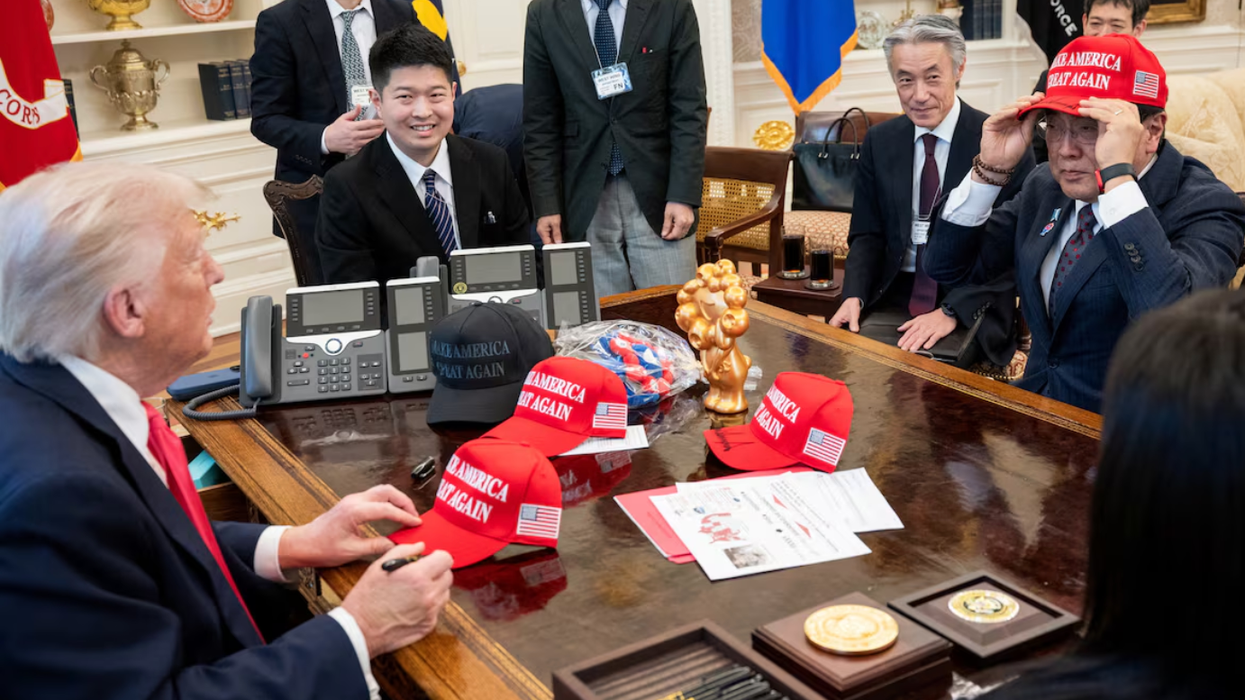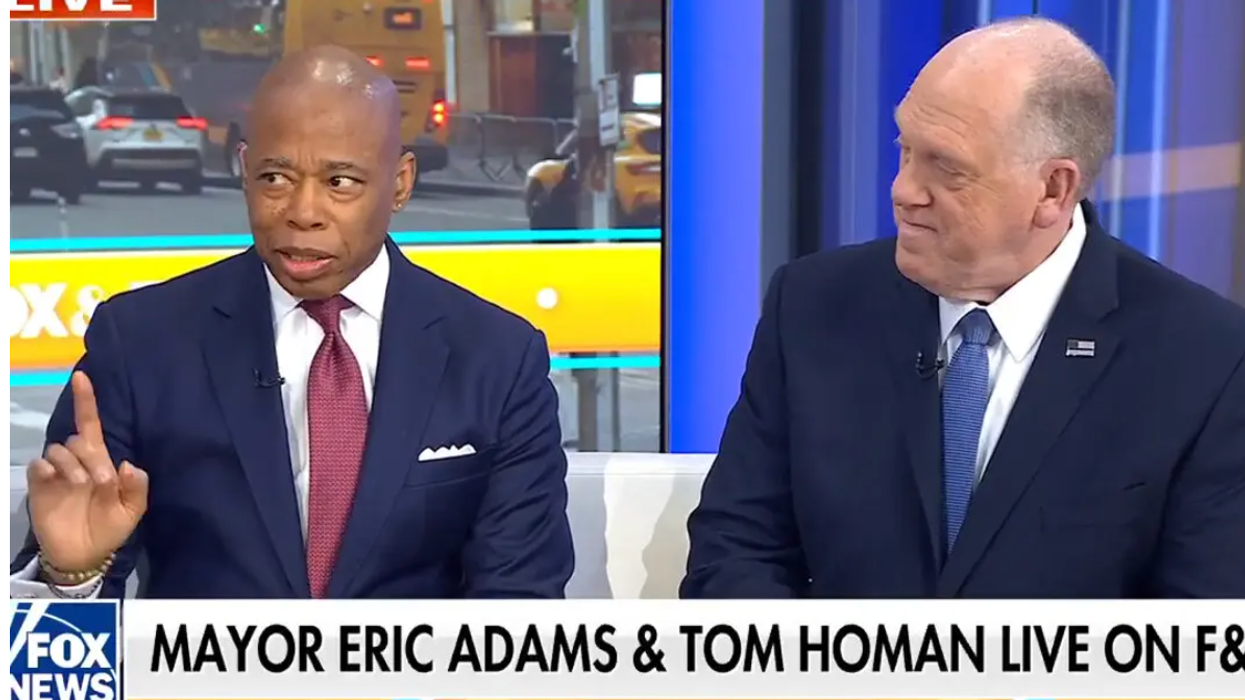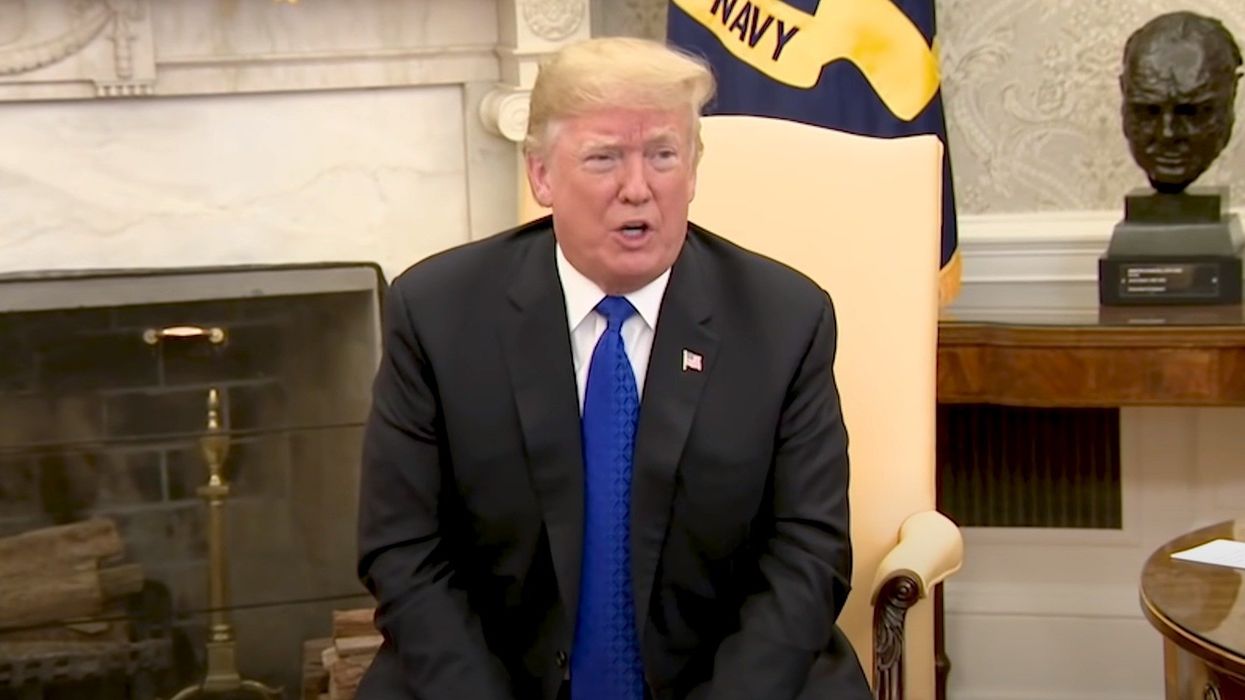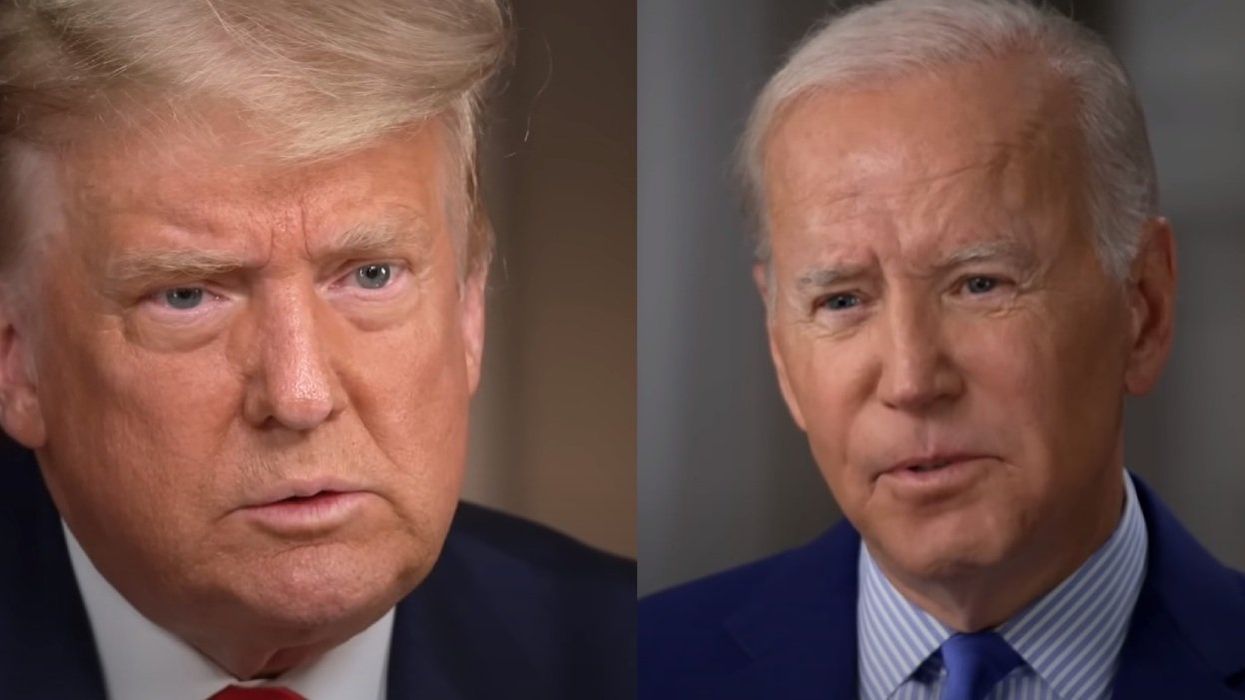Trump Is 'Godfather In Reverse' -- And Now Faces Economic Catastrophe
Yesterday’s election in Canada was a bit closer than polls predicted. Nonetheless, Mark Carney’s Liberal Party, which appeared doomed just two months ago, won a solid victory. And the credit goes mainly to Donald Trump.
If Trump had merely made economic demands on our northern neighbor, Canada might have acquiesced, although it’s not clear what concessions it could have made. But by repeatedly insisting that Canada must become the 51st state, he made any hint of Trumpiness toxic in Canadian politics. Hence the stunning defeat for Pierre Poilievre, the Conservative leader (who lost his own seat in Parliament.)
The Canadian election, then, demonstrates why Trumpist trade policy, and foreign policy in general, is doomed to catastrophic failure. Trump isn’t trying to drive tough substantive bargains. Mainly, he seems to want to indulge in narcissism, demanding that other nations humiliate themselves so he can put on a display of dominance. And America doesn’t have remotely enough leverage, even against Canada, to make such demands. You could say that Trump is a reverse Godfather, making offers other countries can’t accept.
Consider the state of negotiations — or, actually, non-negotiations, since talks appear to have broken down — with Japan, another country Trump appears to have thought he could bully. Japan does sell a lot to the United States and might have been willing to offer something to preserve its access to our market.
But reports indicate that Japanese representatives sent to Washington left without accomplishing anything because they found Trump’s people impossible to deal with. The Americans insisted that the Japanese make offers without giving any indication of what our side wanted — in effect, they demanded that Japan make a show of obeisance without any reason to believe that it would get anything in return. The Japanese government wouldn’t, probably couldn’t do that. After all, it has to answer to its own voters. So there is no deal.
And then there are the Chinese, who — unlike the Canadians or even the Japanese — probably have more economic leverage over us than we have over them. They have no interest in helping Trump sustain his fantasies of dominance. Bear in mind that Trump’s trade war is working out very well for them. Bloomberg reports that
President Xi Jinping’s diplomats are fanning out across the world with a clear message for countries cutting deals with Donald Trump: The US is a bully that can’t be trusted.
Unfortunately, they’re right. And Trump’s repeated insistence that the Chinese are negotiating with him, when they say they aren’t, comes across as pathetic.
Will Trump manage to make any trade deals? I guess it’s possible that Trump will announce trade deals with a few countries here and there. But his ability to get even fake deals is rapidly dwindling, for two reasons.
First, he’s plunging in the polls. True, he’s insisting that the polls are wrong and that pollsters should be investigated for election fraud. And the MAGA base may believe him. But this denial just makes him look even more pathetic to foreign governments, and they won’t be inclined to throw a drowning Trump a lifeline.
Second, Trump’s trade war is about to have a disastrous effect on the U.S. economy — more disastrous than even pessimistic economists, myself included, expected. Tariffs always raise prices. But the sheer size and suddenness of Trump’s tariffs, combined with the paralyzing effect of uncertainty about what comes next, are about to deliver a Covid-type supply shock to an economy already sliding into recession. This looming disaster, which will further weaken Trump, makes it even less likely that our main trading partners will help him pretend that he’s achieving anything.
Oh, and Amazon is planning to show the effects of tariffs on its prices — and the White House has gone berserk.
Back to Canada: Our northern neighbor is, along with Mexico, among the countries most at risk from Trump’s trade war. Canada does a lot of trade with the much larger U.S. economy. According to Statistics Canada, 2.6 million Canadians, 13 percent of the work force, are employed directly or indirectly producing goods exported to the United States. So U.S. tariffs will impose a huge shock on Canada’s economy.
It's not clear how much Carney can or will do to mitigate that shock. But he has no alternative to going elbows up: There’s no way to satisfy Trump’s demands. And you do have to wonder whether Trump will fold once it becomes clear how badly his trade war is going.
Paul Krugman is a Nobel Prize-winning economist and former professor at MIT and Princeton who now teaches at the City University of New York's Graduate Center. From 2000 to 2024, he wrote a column for The New York Times. Please consider subscribing to his Substack, where he now posts almost every day.
Reprinted with permission from Paul Krugman.












